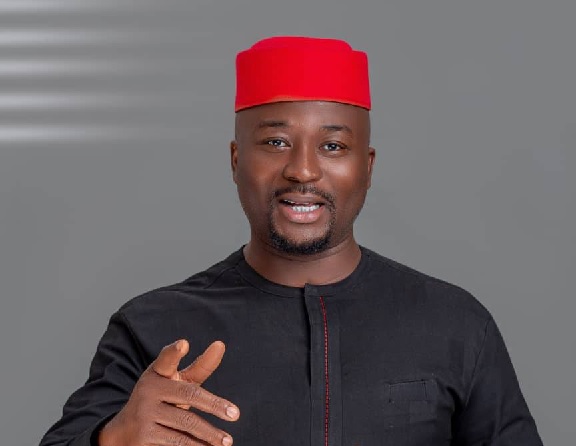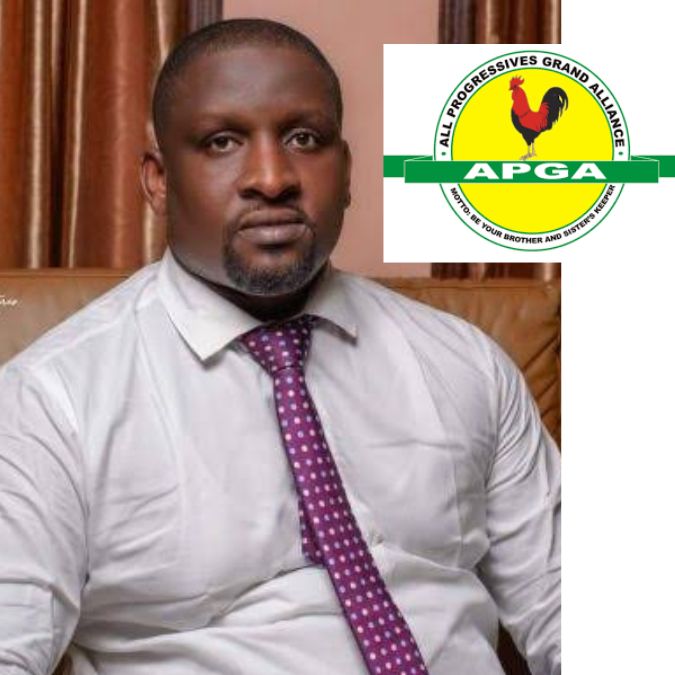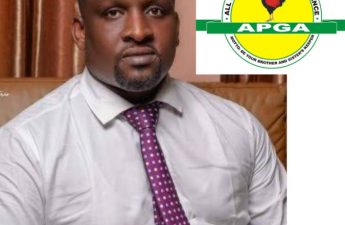APGA National Chairman, Barrister Sly Ezeokenwa views on Electoral Reforms, Local Government Elections, Autonomy, and The Future of Democracy in Nigeria – NDUKA ANYANWU – October 9th, 2024
Electoral reforms, local government elections, autonomy, and the future of democracy in Nigeria are critical issues that have been debated by various stakeholders, including the APGA National Chairman, Bar Sly Ezeokenwa. To understand the context of these issues, Bar Sly stated some key points to include:
Electoral Reforms: Nigeria has a long history of constitutional and electoral reforms dating back to the colonial administration period. The country has made significant progress in conducting elections, including the 2011, 2015, 2019, 2023 and 2024 polls, which facilitated the first civilian regime change. However, the debate on electoral reforms continues.
Local Government Elections
Local government elections in Nigeria have been conducted since 1996, initially on a ‘zero party’ basis until in 1999 till date on various registered Political parties. The Independent National Electoral Commission (INEC) plays a crucial role in ensuring the quality of the electoral process, creating wards, constituencies, and preparing voter registers. However, each State is bound by their laws to ensure the conduct of free and fair as well as transparent elections for their respective Local Governments. Despite the progress made, local government elections in Nigeria face significant challenges, including poor governance, lack of full autonomy, inadequate funding, and, more so from undue influence of some of Governors of the States.
Local Government Autonomy
The issue of local government autonomy in Nigeria has been a subject of discussion for decades. The government has made efforts to reform the local government system, including the supreme court decision to ensure that the Local Government is democratically set up to allow for structural adaptations and institutional innovations to achieve full autonomy.
Future of Democracy in Nigeria
The future of democracy in Nigeria depends on the successful implementation of electoral reforms, local government autonomy, and effective governance. The country needs to address the challenges facing its electoral system, including electoral violence, vote-buying, and manipulation of election results. The APGA National Chairman, Bar Sly Ezeokenwa, has likely emphasized the importance of these issues in his discussions.
Some of the key solutions to these challenges include:
- Strengthening INEC: INEC needs to be strengthened to ensure its independence and effectiveness in conducting elections.
- Electoral Reforms: Electoral reforms should focus on addressing the root causes of
electoral violence, vote-buying, and manipulation of election results. - Local Government Autonomy: Local governments should be granted further a full autonomy in all aspect to ensure effective governance and accountability at the grassroot.
- Civic Engagement: Civic engagement and voter education are critical to promoting democratic participation and accountability.
Barrister Ezeokenwa lamented that the persistent infighting, factionalization, and power struggles within political parties have distracted from the core objectives of governance, hindering the delivery of democratic dividends to the citizens. He emphasized that a united and stable political party is essential for effective governance, policy consistency, and sustainable development.
He urged political leaders TO PRIORITIZE NATIONAL, STATE and LOCAL INTERESTS OVER PERSONAL AMBITIONS, ensuring that political parties become vehicles for nation-building rather than obstacles to progress.
By understanding these challenges, we shall in our next article be engaging and looking into “Solutions to Political Party Crisis, Charts Path for Nigeria’s Developmental Progress” adopting
and implementing the measures, stakeholders can build trust, foster collaboration, and address issues proactively, reducing the likelihood of incessant political crisis in Nigeria. APGA National Chairman believes this would lead to promoting harmony and progress in Nigeria’s polity.
Note: This brief article is written on behalf of Barrister Sly Ezeokenwa, the APGA National Chairman




